US, EU and UAE want to create a Pre-COP Pledge on Renewables
According to Reuters, a letter issued to governments worldwide from the United Arab Emirates, the European Commission, the United States, Barbados, Kenya, Chile, Micronesia, the International Energy Agency and the International Renewable Energy Agency (IRENA), is seeking agreement at COP28 to triple the world’s renewable energy capacity, which would entail installing 11,000GW by 2030. It […]
Carbon Credit Project Developer, South Pole, Pulls out of Zimbabwe Project
South Pole, the world’s largest seller of carbon credits, has announced that it has ended its participation in its flagship forest protection (REDD+) project in Zimbabwe pursuant to allegations that it had exaggerated its emissions reductions. In October, the body that issues the credits, VERRA, publicly stated that: “the Kariba REDD+ Project represents an unprecedented […]
EU Commission Announces Intention to Pledge Funds for Loss and Damage
On 13 November, EU Climate Commissioner and Chief COP28 Negotiator Wopke Hoekstra stated that the EU is ready to announce a “substantial financial contribution” to the Loss and Damage fund at COP28 in the context of an ambitious outcome at COP28 across mitigation, adaptation and means of implementation in a way that leaves no one behind. […]
EU to Pursue a Ban on Fossil Fuel Subsidies Within OECD
The UK and EU will seek to motivate the world’s wealthiest countries in the OECD to end fossil fuel subsidies for foreign operations at a closed-door OECD’s Annual Forum in early November, according to Financial Times. The outcome of the meeting held last week has not yet been made public. The OECD is a group […]
Non State Actors Call for Agriculture and Food Systems to be Championed at COP28
In an AllAfrica report it was highlighted that only 4% of all climate finance goes to agriculture, with only 1.7% going directly to family farmers. Estrella Penunia, the Secretary General of the Asian Farmers’ Association for Sustainable Rural Development (AFA), has argued that this needs to be scaled in the form of sufficient direct financing. […]
Developed Countries to Overshoot Their 2030 NDC Targets
A recent report by the Council on Energy, Environment and Water (CEEW), has found that developed countries will collectively emit around 3.7 giga tonnes extra carbon dioxide in 2030, above their mitigation goals in their nationally determined contributions (NDCs). This would be a 38% overshoot, with United States, European Union, and Russia responsible for 83% […]
UK Climate Finance is Mostly Channelled to Non-African Organisations
An African Arguments analysis highlights that less than a quarter of climate finance from the United Kingdom to Africa has gone to organisations based on the continent. According to a report by Carbon Brief, in the period between 2010 and 2023, the UK provided £6.64 billion ($8.06 billion) in climate-related funds to Africa. The vast […]
UNCTAD Says Existing Global South Trade Agreement Could Enhance Climate-Trade Nexus
A historic agreement from 1989, the Global System of Trade Preferences (GSTP) concluded between Developing Countries, might be effective in addressing today’s climate challenges in the South, according to the UN Conference on Trade and Development (UNCTAD). The agreement was reached between 42 countries from the G77 and aims to promote trade among nations in […]
Vietnam Gets Mostly Costly Loans for JETP Deal
A report by Reuters has highlighted that only 2% of the G7’s $15.5 billion JETP pledge to Vietnam is in the form of grants. This is in line with similar packages offered to Indonesia and South Africa where the grant component was extremely low. Moreover, most funds to Vietnam are being offered at market rates, […]
UNEP Report Finds Adaptation Finance Still Woefully Short
The UNEP’s Adaptation Finance Gap Report which was released earlier this month has found that annual adaptation finance now only stands at $194 billion to $366 billion, with existing financial flows reaching just $25 billion during the 2017-2021 period. The shortfall in what is needed versus what is provided, is now 50% larger than previously […]

